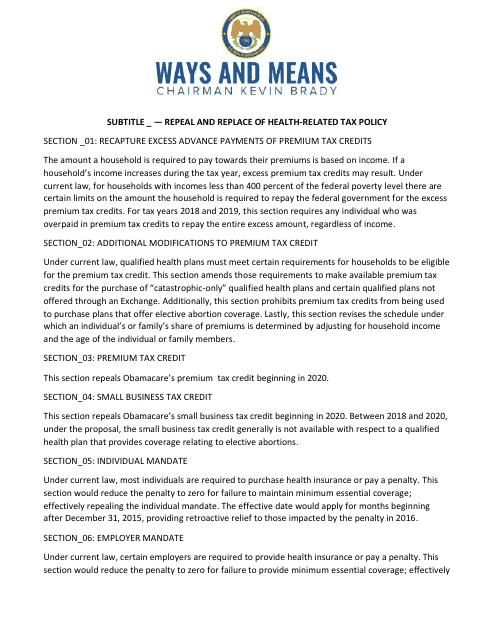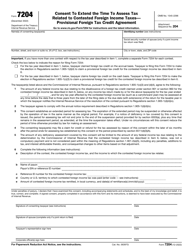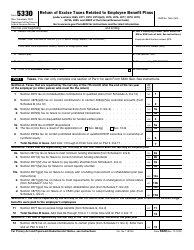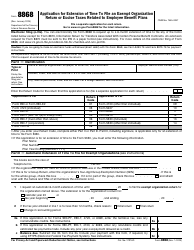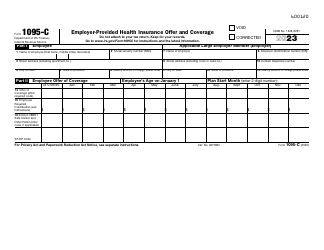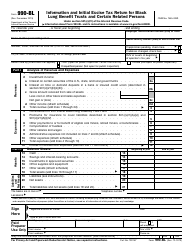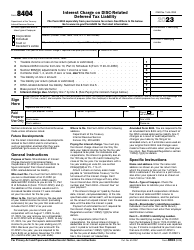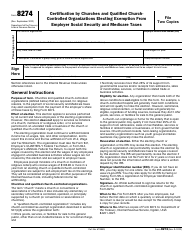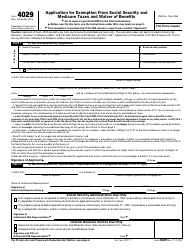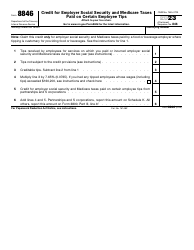Repeal and Replace of Health-Related Tax Policy
Repeal and Replace of Health-Related Tax Policy is a 5-page legal document that was released by the United States House of Representatives on March 6, 2017 and used nation-wide.
FAQ
Q: What is the meaning of repeal and replace in health-related tax policy?
A: Repeal and replace refers to the process of revoking current health-related tax policies and implementing new ones.
Q: Why would health-related tax policies be repealed and replaced?
A: Health-related tax policies might be repealed and replaced to address issues or shortcomings in the current system, such as high costs or inefficiencies.
Q: Who is responsible for repealing and replacing health-related tax policies?
A: The responsibility of repealing and replacing health-related tax policies lies with the legislative body, such as the U.S. Congress.
Q: What are some examples of health-related tax policies that have been repealed and replaced?
A: Examples include the repeal and replacement of the Individual Mandate under the Affordable Care Act by the Tax Cuts and Jobs Act.
Q: What are the potential impacts of repealing and replacing health-related tax policies?
A: The impacts can vary depending on the specific changes made, but they can affect healthcare affordability, coverage, and access to services.
Form Details:
- The latest edition currently provided by the United States House of Representatives;
- Ready to use and print;
- Easy to customize;
- Compatible with most PDF-viewing applications;
- Fill out the form in our online filing application.
Download a printable version of the form by clicking the link below or browse more legal forms and templates provided by the issuing department.
